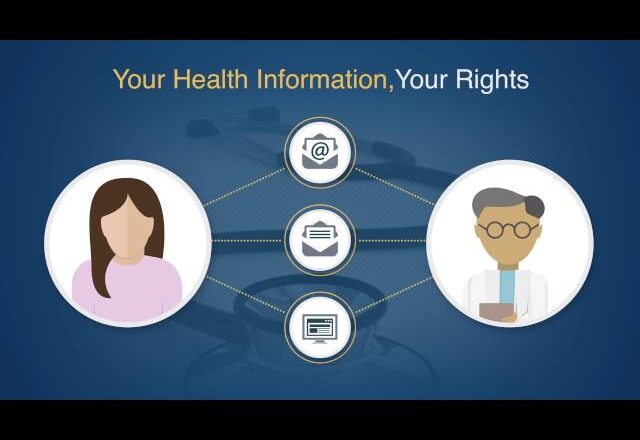So far we have gone through with the definition of Custodian, Personal Health Information etc. we also have discussed consent in detail in our last article. Now in today’s piece of writing we will discuss the general duties of Custodian and other ancillary and incidental topics concerning collection, use, disclosure of personal health Information.
General Duties of Custodian
PHIPAA imposes certain duties on Custodians and allows them to collect the personal health information of an individual if the Custodian has consent under the provisions of the act and it is necessary for a lawful purpose or collection is permitted or required under law.
Custodians are mandated to use limited personal health information in order to accomplish the purpose for which it is used, prevent or reduce risk of significant harm to the health and safety of the public or group of people.
Custodians may collect personal health information without the individual’s consent too if Individual is incapable of providing consent. Despite all facts and provisions exceptions are carved out for District Education Council who may collect personal health information without the Individual’s consent if it is for the purpose of delivering public education under the Education Act or can seek immunization under Public Health Act.
Permitted Use when Custodian is Public Body or health care provider
When custodian is a public body then it must evaluate, monitor or prevent fraud or any unauthorized receipt of services or benefits related to the personal health information of individuals. Public bodies are also required to plan or deliver common or integrated services, programs or activities.
When custodian is a health care provider then custodian may use personal health information includes delivering common or integrated services, programs or activities.
Source of Information (28)
Under PHIPAA law custodian shall obtain personal health information directly from the individual about whom the information is related with except in few circumstances-
- When individual has authorized another method of collection
- Collecting health information directly from an individual may endangered the health or safety of the individual or another person
- Time or circumstances do not permit collection directly from the individual
- Direct collection of information could reasonably be expected to result in the collection of inaccurate information
- The information is to be collected for the purpose of assembling a family or genetic history
- Another method is authorized or required by a court order
Scope of collection
The custodian shall not collect personal health information unless a custodian is required to do so by law.
Notice of Collection practices
The custodian upon collecting personal health information, as soon as practicable shall take reasonable steps to inform the individual about the purpose for which information is being collected.
D- identification of information
A custodian may collect personal health information that has been de-identified for any purposes.
Picture Credit- https://www.healthit.gov

